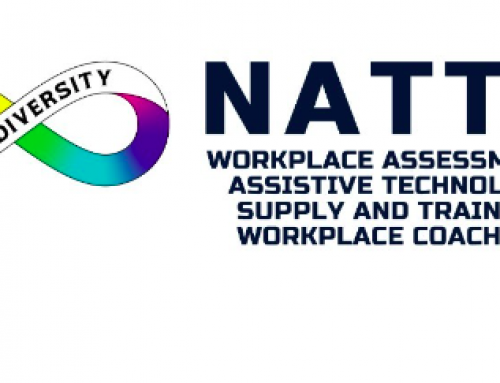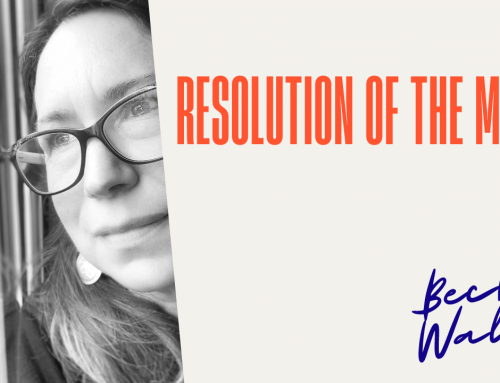This might sound like an obvious statement. But before a resolution is possible we have to make the decision that we want to heal the relationship. That we are not just entering into a discussion / conversation in order to become justified or right. From the standpoint of justification, we can only lead to shut down of communisation. So the first thing we need to do is to let go of the reasons why we need the conversation in the first place, opening the dialog with a completely clean slate. We need to be open to what the person has to say. It’s complicated to be able to be open, because sometimes people they feel that they cannot let go until the other person has clearly apologised for whatever the grievance is about.
However, it can be very hard to say ‘I’m sorry’ for what seems to be from the outside, one tiny thing we did wrong. As that one thing could be a symptom of a bigger disease that we are in denial of. To admit to the symptom, we are being asking to acknowledge, maybe more then we may feel able to see at this time. This is very true when it comes to parents. Admitting that they did something wrong in your childhood may open up a Pandora’s box for them. Which could result in them having to admit to the fact that they should never have even had a child. Being a parent is a person’s life’s work. This might make them feel that their entire history and life was a bad idea. For example if you trying to say throughout your childhood that your mother was angry, then your mother has to admit she felt like that for a good 15 years. That is a huge admittance. It isn’t always appropriate to push anyone into that kind of corner. It can lead a person to become depressed. We want to look back on in life with a sense of pride. Having a child is possibly the greatest work a person can undertake. So getting a parent to admit their failings in order to heal a problem that you have, can be just unfair.
To wipe the slate completely clean to enter into a more healing relationship. The past is the past and it already has gone away. The next step is to listen in a very present way. You’re not just listening to the words being said, which is likely to trigger you into another furious melt down. Look at the body language and the way that the person is breathing. When you are being listened to yourself it is very important to watch the breath, because you’ll know if somebody’s been triggered by what you have said. The best way to see this is when a person suddenly takes a breath. The chest goes out, and the shoulders go up. Even if they don’t say it out loud to you, you will understand if with the next sentence they take a swipe you. They need to say something nasty is because they’ve been triggered by something that you said and it’s just a reaction. The trick here is not to react back in the same way.
In order to understand someone’s view point we have to listen with all of your intuition.
If you’ve ever had to make a complaint in the shop you would know how the complaint is handled will depend on whether not you become a valuable customer and the rest of your life. If the complaint is handled well then the chances are that you’re the shop in that particular store again and again. In actual fact you may be a better customer then if the problem hadn’t happened in the first place. I also believe that when it comes to our friendships and our connections. Problems and conflict can lead to best relationships and the best connection.






